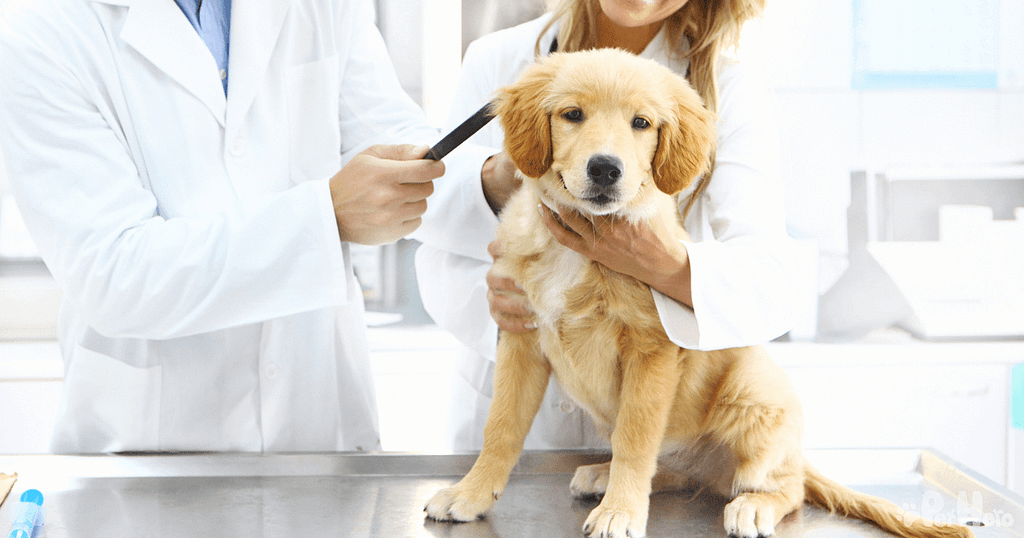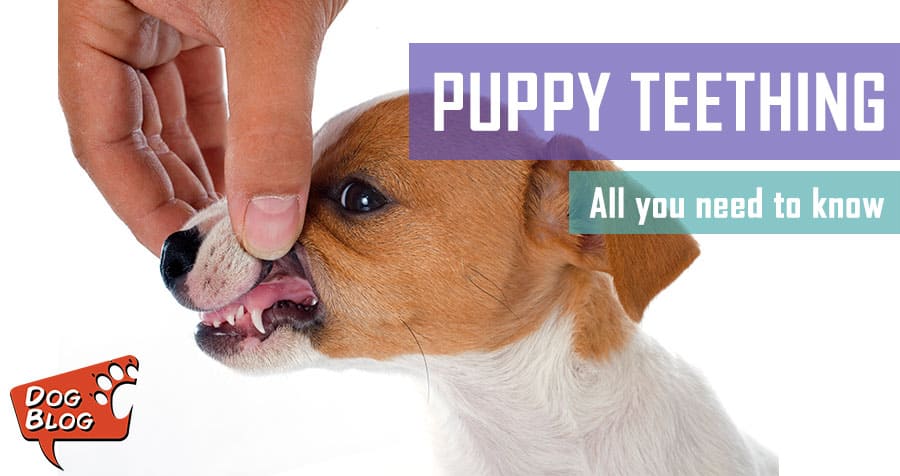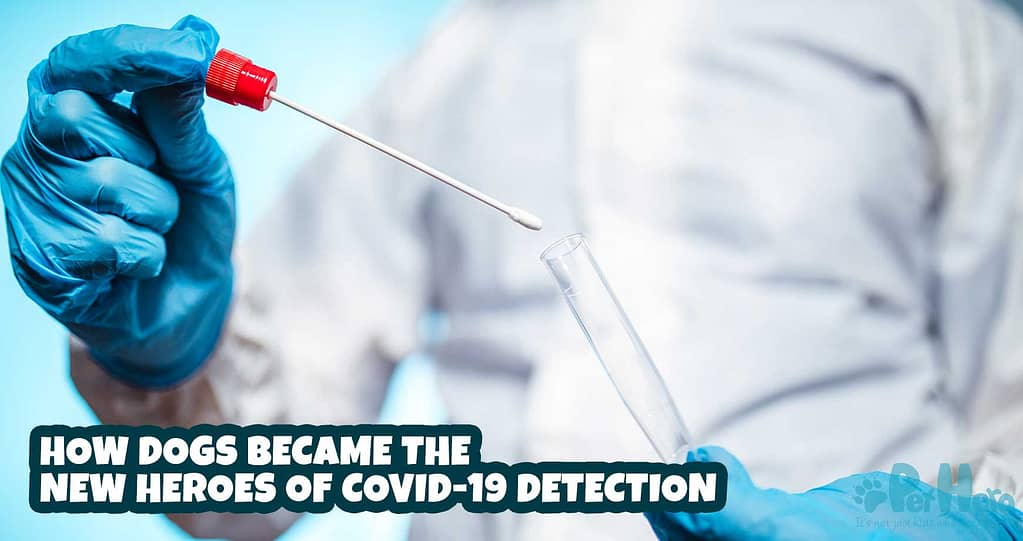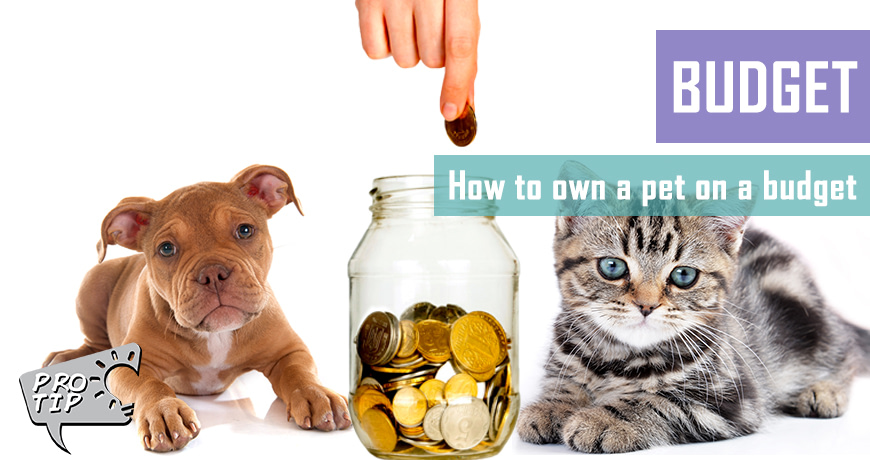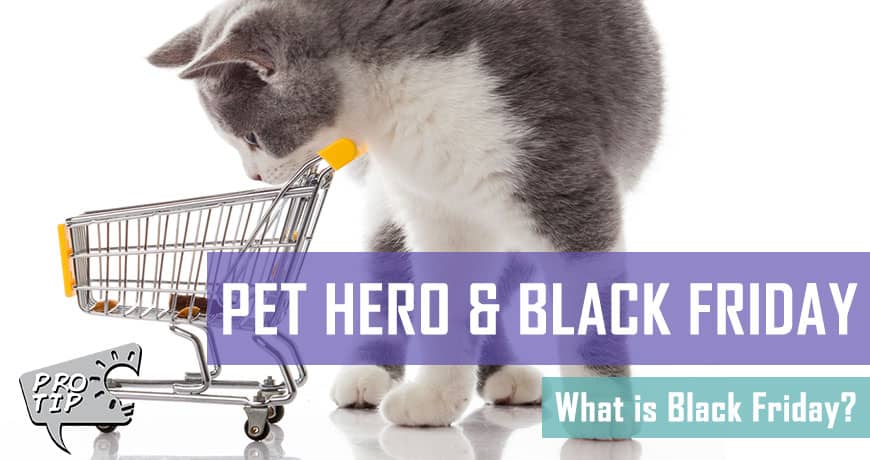As a new pet pawrent, you’ve opened your heart and your home to a new pupper or kitten, excited for your new addition to fit right in. When your little pet arrives home, it should bring a rush of emotions – excitement for the future, joy in expanding your furry family, the warm-and-fuzzies, and general happiness. But sometimes, things don’t go according to plan and your new puppy or kitten seems scared, uncomfortable, and like they want to be anywhere else.
Anxiety was not one of the emotions you were expecting!
We answer some of the questions that new puppy/kitten parents may have if their new additions seem out of sorts, but we recommend that you take your pet to the vet for a check-up. It will do a lot of good to introduce your new furry or purry friend to your veterinarian, have a check-up to establish their health baseline, get their vaccinations done, microchip implanted, and get the vet’s recommendation on spaying and neutering if your pet has not yet been sterilised.
Why is my new puppy crying a lot?
A crying puppy will pull on your heartstrings, which is normal since you don’t want your pup to be in distress. If there are no other visible physical symptoms, it’s safe to assume your puppy is communicating their fears, loneliness, hunger or insecurity. Don’t expect a new puppy in a brand-new environment to be full of self-confidence. They will be recently separated from their mom and siblings, feel a bit disoriented, and will need time to adjust to your home (even if you’ve bought all the best accessories for a new puppy). If your pup is crying at night and won’t go to sleep, it’s impawtant that you keep your new furry friend close to you so they feel safe and secure – this is bond-building 101, and if you build that trust now, you’ll have a best friend for life!
If all of your puppy’s needs are met – their tummy is full, they’ve been outside for a pee break, you are close by – and you can’t see any other reason for their distress, it’s time to take them to the vet for a check-up.
Why is my new puppy breathing fast?
A fast-breathing puppy can be concerning to a new pet parent – especially when you don’t know that young dogs have a higher breathing rate than adult dogs. If your puppy is breathing fast while they sleep, they may just be having an active dream (twitchy paws are another tell-tale sign). Small puppies also need more oxygen to grow and support their metabolism, so their breathing is naturally faster while they sleep, especially during their early growing stages.
Puppies also breathe much faster than normal after exercise because they use their breath to cool down their body temperature. Similarly, if it’s very hot, they will breathe fast to return their body temperature to a comfortable state. If they breathe fast during and after exercise, this is completely normal.
A puppy who is stressed or afraid can also breathe fast to support an elevated heartrate. If your new puppy is breathing fast and appears to be in distress or has other symptoms, rather take them to the vet to see if the vet can identify what is causing the fast breathing.
Why does my new puppy have an upset stomach?
Just like crying and fast breathing, your puppy can have an upset tummy due to stress, but there are so many potential causes for a puppy’s upset tummy:
- Switching to a new puppy food
- Food intolerance or allergies
- Eating something they shouldn’t have (like human food)
- Gastrointestinal parasites
- Tummy bugs (viral and bacterial)
If your puppy’s upset tummy is diet-related then they should develop normal stool within a day or two. Try to remove your puppy from anything that is causing them stress (such as other pets or over-excited children). However, if they have other symptoms – appear lethargic, have no appetite, there’s blood in their poo or vomit, or they have worms – then they must see the vet immediately. Never ‘wait to see if things improve’. The danger of a puppy with diarrhoea or who is vomiting, is that they can quickly become dehydrated.
Always ask your vet for advice when it comes to your new puppy’s gastrointestinal health.
Why is my new kitten not eating?
It’s purrfectly normal for your new little kitten to feel nervous about her new surroundings and need to settle in before she can relax into a feeding routine. Routine is the keyword here, so be sure to set her food down at the same time every day.
Some cats don’t like their super-sensitive whiskers to touch the sides of their food bowl, so feed your kitten in a broad, shallow bowl. Cats also don’t like to be interrupted or distracted when they eat, so if your kitten’s food bowl is in a central, social location and your other pets are bothering her, it can disrupt her desire to tuck in to her kitten food.
Kittens may also be put off from eating due to:
- stress
- a dirty food bowl
- pain in her mouth
- intestinal parasites
- not enjoying the taste or texture
- the food being too cold
If you are concerned that your kitten’s eating is affecting her negatively and/or she appears poorly, schedule an appointment with your veterinarian to at least rule out any medical conditions. If your kitten won’t eat because of behavioural problems or stress or her palate preference, try different locations for her food bowl, different types of food (wet or dry), different kitten food brands and flavours – until you find out what she likes and doesn’t like.
Why is my dog stressed over my new puppy?
It’s tempting to think that all dogs will naturally take to a new puppy – who doesn’t want a bouncy, upbeat, fun new furry friend?! However, think about how your resident dog has enjoyed their situation: they are your primary focus. You give them all the love, attention, treats and playtime they could ever want… and now they have to share you with an over-excited bundle of raw energy that doesn’t yet know the rules!
Notice the behaviour changes in your resident dog that could tell you they are stressed:
- retreating to their bed
- ignoring the puppy
- lethargic behaviour
- irritability or disinterest
- lack of interest in food
- licking or biting a particular spot on their body
What could cause my dog’s stress?
If your dog is a lot older than the puppy and is happy to simply relax and sleep a lot during the day, an energetic new whirlwind could elevate their stress levels. Your dog could also be worried that you’re giving your attention to your new puppy and they are being left out. Don’t change their routine – rather, make a point of giving your resident dog as much – if not more – attention and treats in the presence of your puppy, so they understand that new puppy = pleasant experience!
Also make sure your puppy has all their own stuff. Don’t expect your resident dog to suddenly share his toys and treats with the puppy – give each furry friend their own resources: bed and blankets, food bowls (and especially food!), their own toys, their own leash, collar and walking accessories.
It may take some time for your resident dog to get used to sharing their home with a new puppy, so take it slowly and be patient and compassionate with the changes they have to adapt to. Continue to positively reinforce the puppy’s presence with treats, attention and love, and your resident dog should come around soon enough. If you are concerned about any changes in your dog, speak to your vet and make sure there aren’t any serious underlying issues that may have come up.
At Pet Hero we believe that pet owners shouldn’t have to navigate their way around pet pawrenting alone. Always consult with your pet’s veterinarian about their particular aches and pains – for all the rest, sign up for our newsletter and don’t miss a single issue. Our newsletters are packed with good advice as well as promotions, sales and competitions in which you could dig your claws into some great pet goodies! Sign up now!

